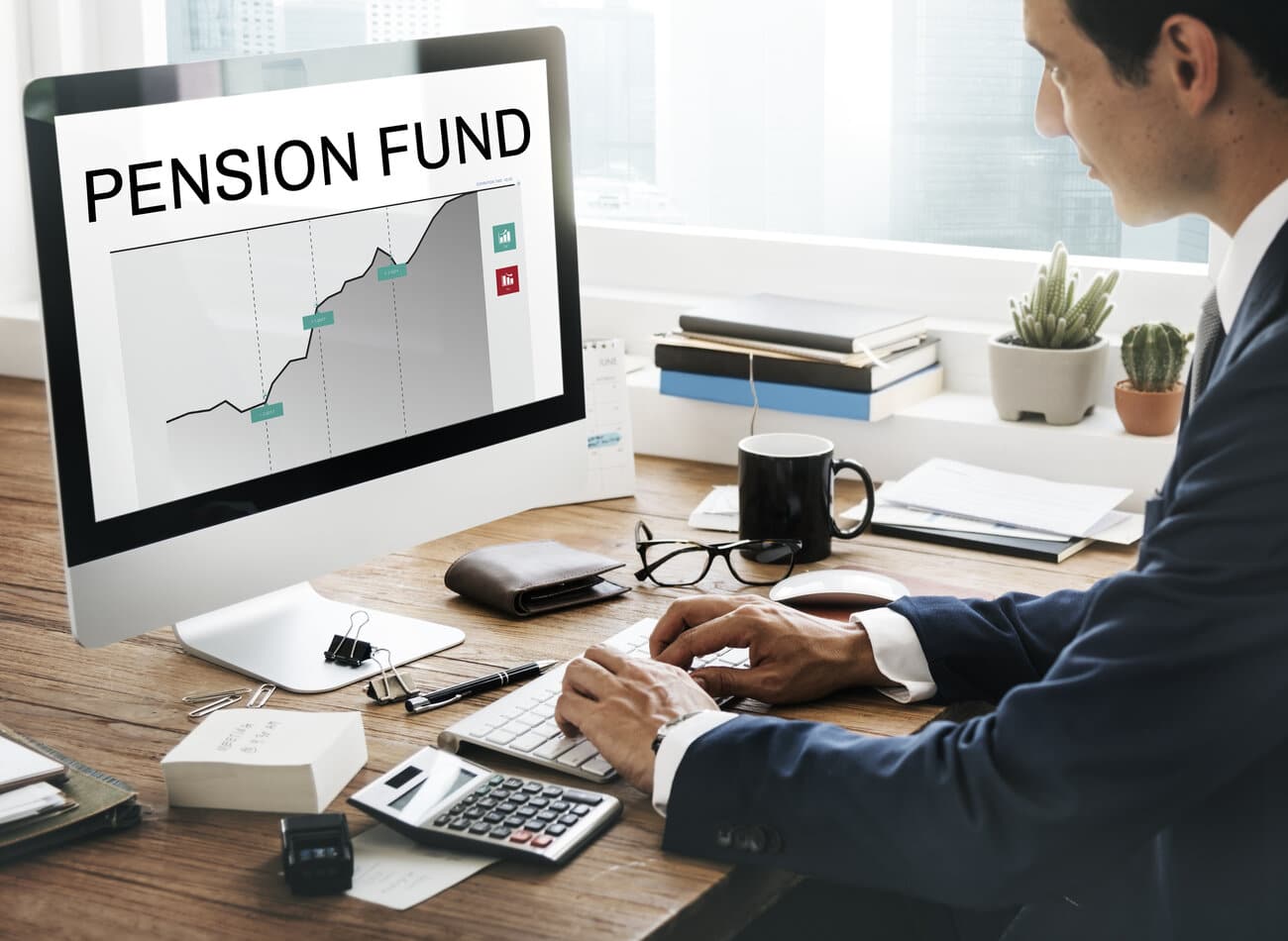Jasmine Birtles
Your money-making expert. Financial journalist, TV and radio personality.


A Self-Invested Personal Pension (SIPP) is a powerful, tax-efficient retirement savings account that puts you in control of your investments. Unlike traditional workplace pensions, a SIPP is self-funded, meaning you decide how much to contribute and where to invest your money.
If you’re looking for a flexible way to build your retirement pot while enjoying tax advantages, a SIPP could be a great option. In this guide, we’ll cover everything you need to know about SIPPs, including how they work, who they’re best suited for, and how to start investing.
A Self-Invested Personal Pension (SIPP) is a type of pension wrapper that allows individuals to manage their own retirement investments. Unlike traditional personal pensions, which are often restricted to a limited selection of funds, SIPPs offer a much broader range of investment choices. This flexibility can potentially lead to greater returns over the long term—if managed wisely.
SIPPs give investors access to a wide variety of assets, including:
The ability to diversify across different asset types makes SIPPs an attractive choice for experienced investors looking to build a well-balanced pension portfolio.
SIPPs are best suited for individuals who:
While SIPPs offer great flexibility, they come with responsibilities:
If you prefer a hands-off approach, a traditional personal pension with professionally managed funds might be a better fit.
Setting up and managing a SIPP isn’t as complicated as it sounds. Here’s how to get started:
There are many SIPP providers available, each with different fees and features.
When choosing a provider, compare these key fees:
Once your SIPP is open, it’s time to choose where to invest your money. Your provider will offer a range of funds, stocks, and other investment options. Be sure to diversify to reduce risk and aim for long-term growth.
Regularly reviewing your SIPP is crucial to ensure your investments are performing well. If certain assets underperform, consider reallocating your funds to maximize returns.
A SIPP isn’t the only way to save for retirement. Here are some alternatives:
Read: Everything you need to know about stocks and shares ISAs
If you’re unsure which option is best for you, speaking with a financial advisor can help tailor a retirement strategy that suits your needs.
A SIPP is a great option for those who want full control over their pension investments. With a broad range of investment choices and tax benefits, it can be an effective way to grow your retirement savings—provided you’re willing to put in the time and effort to manage it wisely.
If you’re new to investing, take the time to research and seek professional advice before making any decisions. With the right approach, a SIPP can be a powerful tool in securing your financial future.
